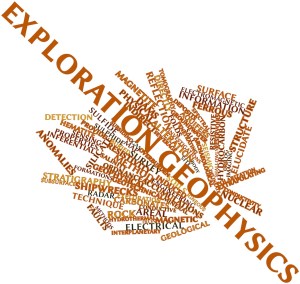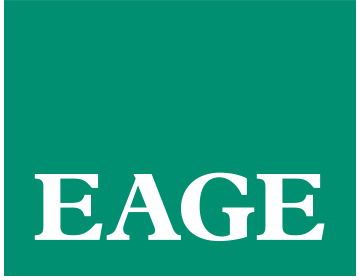A Call for Papers has been announced for an upcoming Geophysical Prospecting (GP) Special Issue on ‘Advances in Geophysical Modelling and Interpretation for Mineral Exploration’.

Contributions are being invited that focus on advanced methods of modelling and interpretation of geophysical data for mineral resource exploration. Of particular interest are cutting-edge technologies and methodologies that support the study of intervals at depths of burial that are relevant to exploration (for shallow and deeper targets).
A key objective is to demonstrate the value of integration of various geophysical tools, including electrical (DC) resistivity and induced polarisation (IP) methods, electromagnetic induction, as well as gravity, magnetic, and seismic exploration methods. Such integration is often associated with achieving a more holistic and better understanding of subsurface geology. Papers that demonstrate improvements in high-resolution subsurface imaging beyond traditional exploration limits and provide detailed insights into geological structures and properties would be particularly welcome. The exploration objective is to seek a more comprehensive understanding of subsurface conditions to minimise risks associated with drilling operations, ensuring safer and more efficient resource extraction.
The application of artificial intelligence (AI) and machine learning (ML) will also be of interest for its potential role in enhancing geophysical interpretation and integrating geophysical data. The Special Issue is also expected to include practical case studies demonstrating the real-world application of geophysics in mineral resource exploration, mining geophysics, and other relevant fields.
Important Dates
- Submission start: 1 March 2024
- Paper submission deadline: 31 December 2024
- Acceptance/rejection notification: 2 January 2025
- Paper publication: March 2025
Potential Topics
We encourage the submission of papers covering different topics, from pure, fundamental research to more applied demonstrations and integrated case studies, including:
- Modeling and Inversion of Electrical and Electromagnetic Geophysical Data
- Gravity and Magnetic Data Interpretation
- Seismic Methods in Subsurface Exploration
- Integrated Geophysical Investigation: Modeling and Joint Inversion
- Application of AI/ML in Geophysical Interpretation
- Case Studies on Mineral Exploration and Mining Geophysics, etc.
Submissions
All manuscripts will be peer-reviewed in accordance with the journal’s established policies and procedures. The final selection of papers will be based on the peer review process as well as reviews by guest editors and the chief editor. We intend to disseminate final decisions by December 2024 and publish selected articles shortly afterwards.
Manuscripts should be prepared according to the author guidelines detailed on the GP website and submitted using the online submission webpage, taking care on the online submission form to select the drop-down menu for the Special Issue ‘Advances in Geophysical Modeling and Interpretation for Mineral Exploration’. It is very important to clearly indicate in a cover letter that the manuscript is submitted to this Special Issue and notify the lead guest editor, Dr Arkoprovo Biswas, through email with the subject line ‘GP special issue submission on Advances in Geophysical Modeling and Interpretation for Mineral Exploration‘ to avoid delays in processing the manuscript.
There are no publication fees, page limits, or charges for colour figures. Geophysical Prospecting also offers various options for open-access publication.
Editorial Board
Dr Arkoprovo Biswas (Lead Guest Editor)
Assistant Professor
Department of Geology, Institute of Science,
Banaras Hindu University, Varanasi – 221005
Uttar Pradesh, India
Email
Prof Roman Pašteka (Guest Associate Editor)
Professor
Department of Engineering Geology, Hydrogeology and Applied Geophysics,
Faculty of Natural Sciences, Comenius University, Mlynská dolina,
Ilkovičova 6, 842 48, Bratislava, Slovak Republic
Prof Michael S. Zhdanov (Guest Associate Editor)
Distinguished Professor and Director of CEMI
The University of Utah
115 South 1460 East, Rm 383
Salt Lake City, UT 84112
Dr Anand Singh (Guest Associate Editor)
Assistant Professor
Department of Earth Sciences,
Indian Institute of Technology Bombay,
Mumbai -400076, Maharashtra, India
Prof Yunus Levent Ekinci (Guest Associate Editor)
Professor
Department of Archaeology, Faculty of Arts and Sciences,
Bitlis Eren University, Bitlis, Turkey
Prof Çağlayan Balkaya (Guest Associate Editor)
Professor
Department of Geophysical Engineering,
Süleyman Demirel University,
Turkey
For specific questions, please contact in the first instance the special issue lead guest editor Dr Arkoprovo Biswas.







